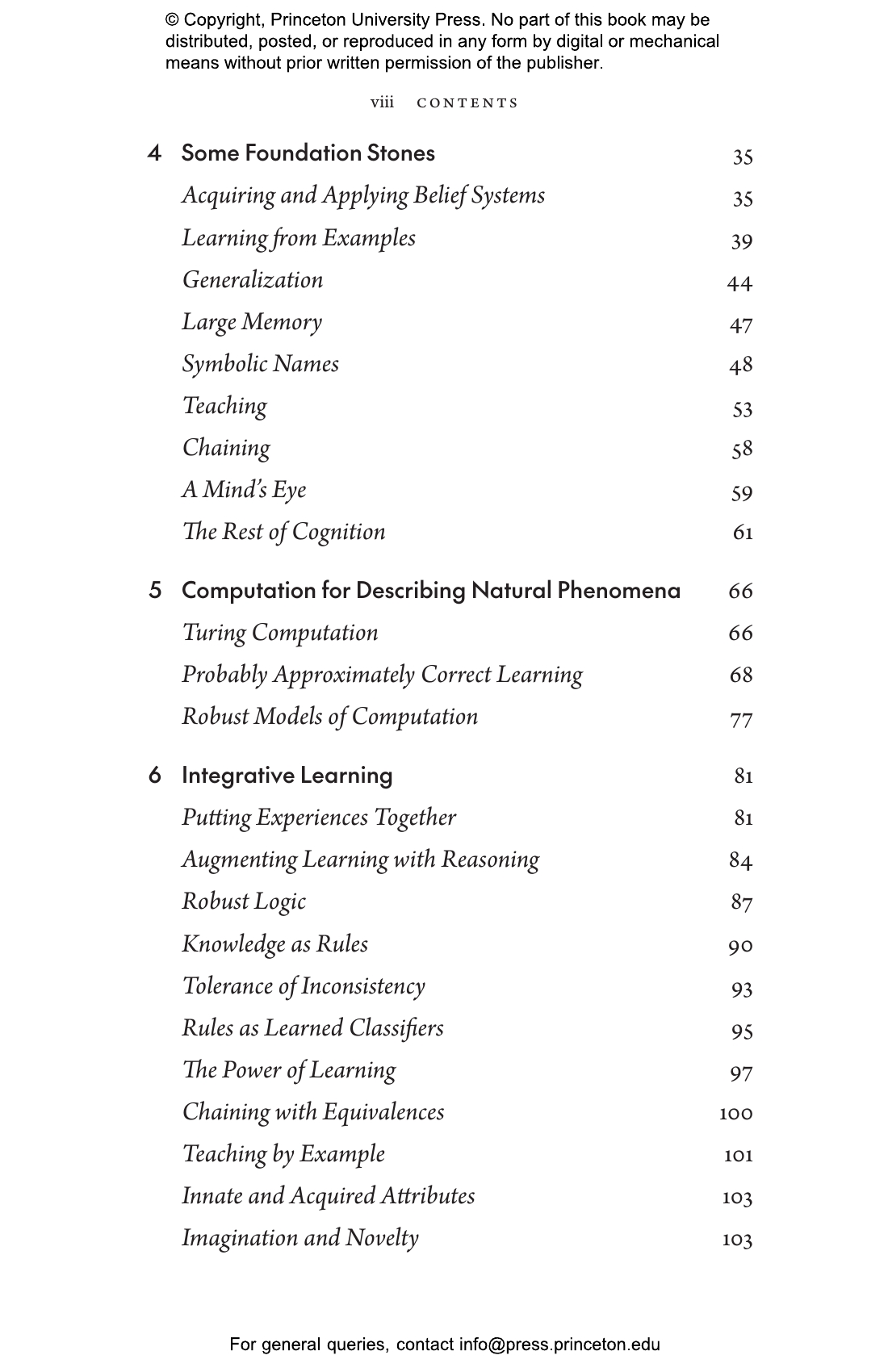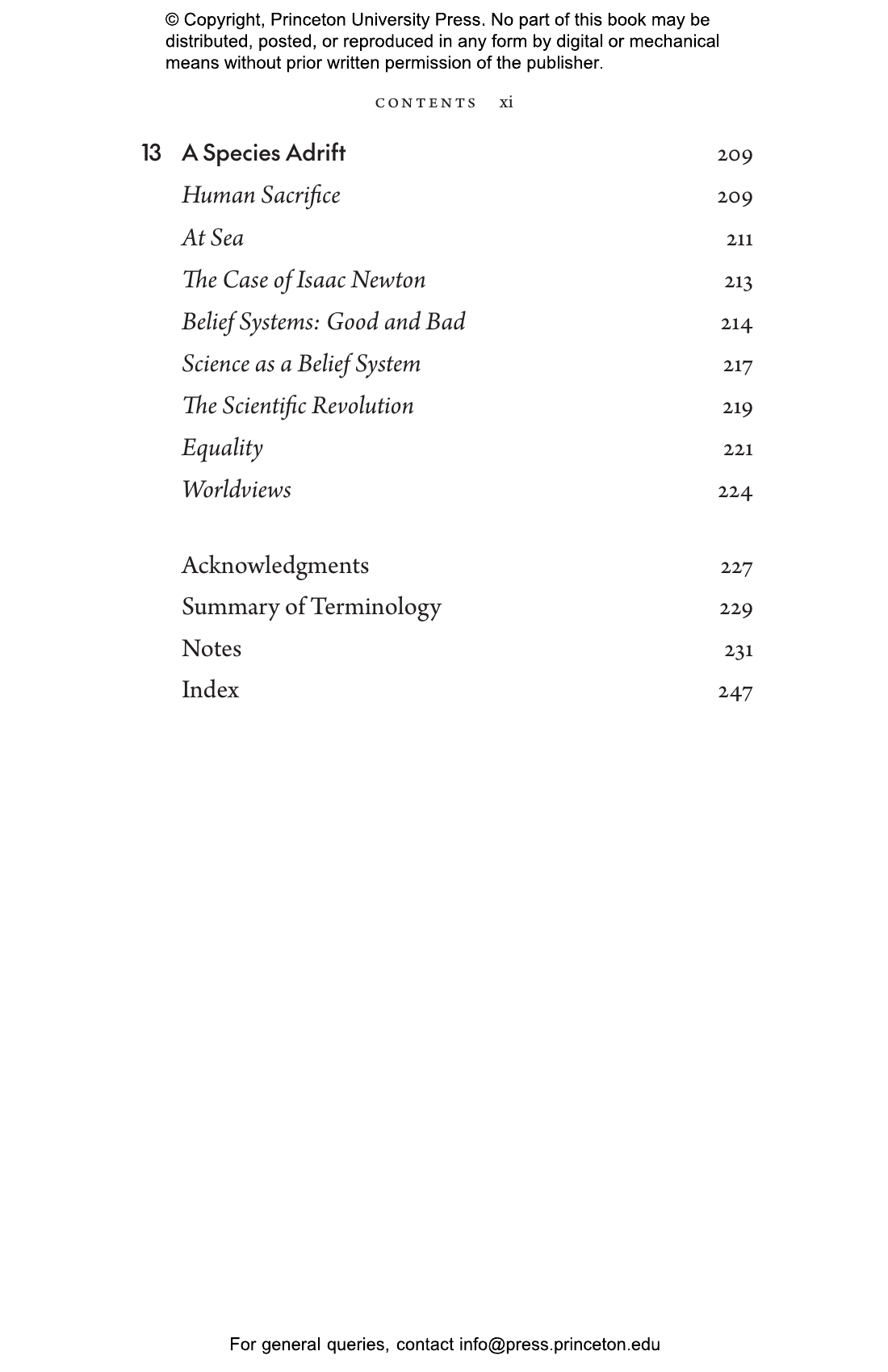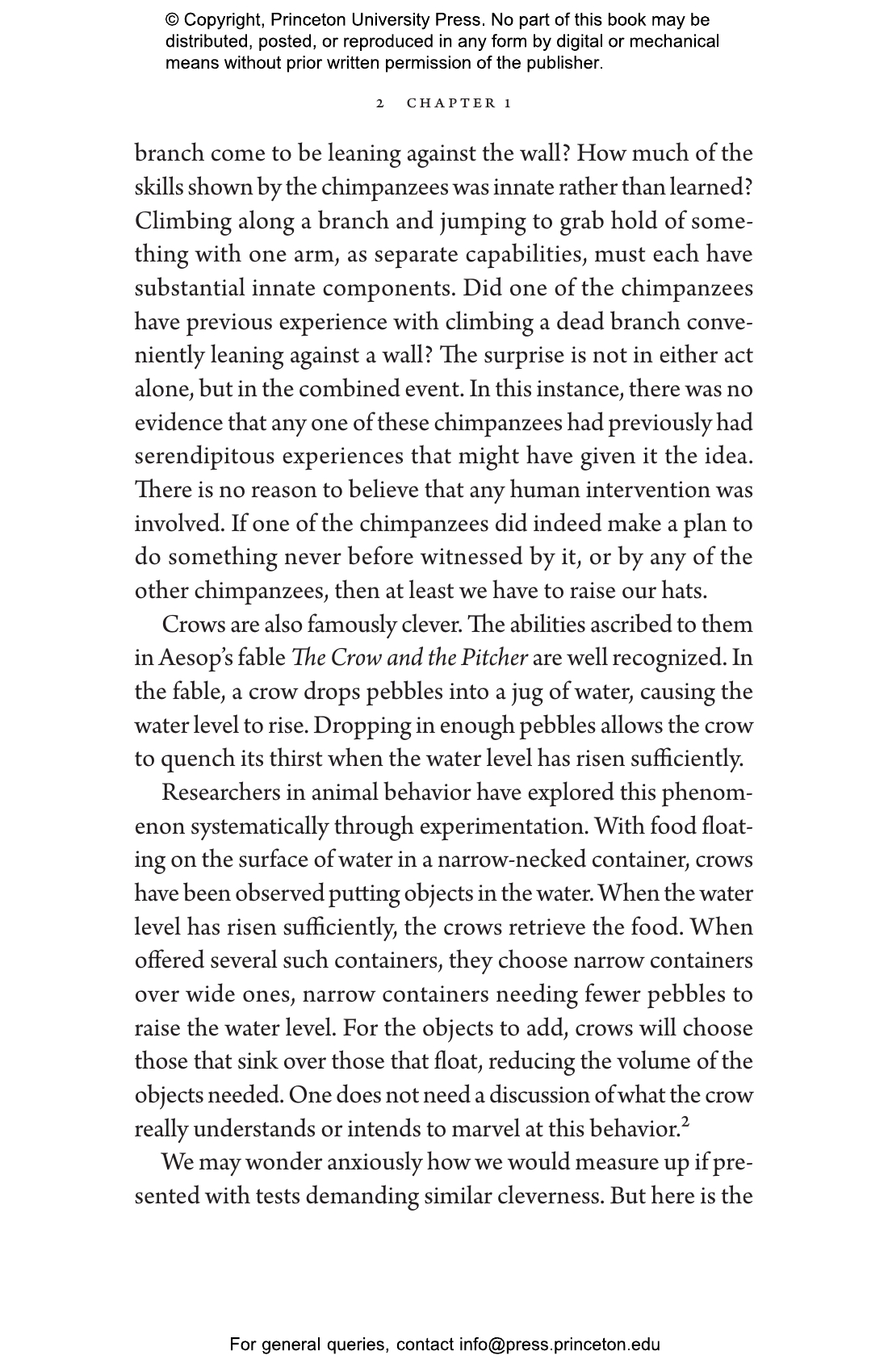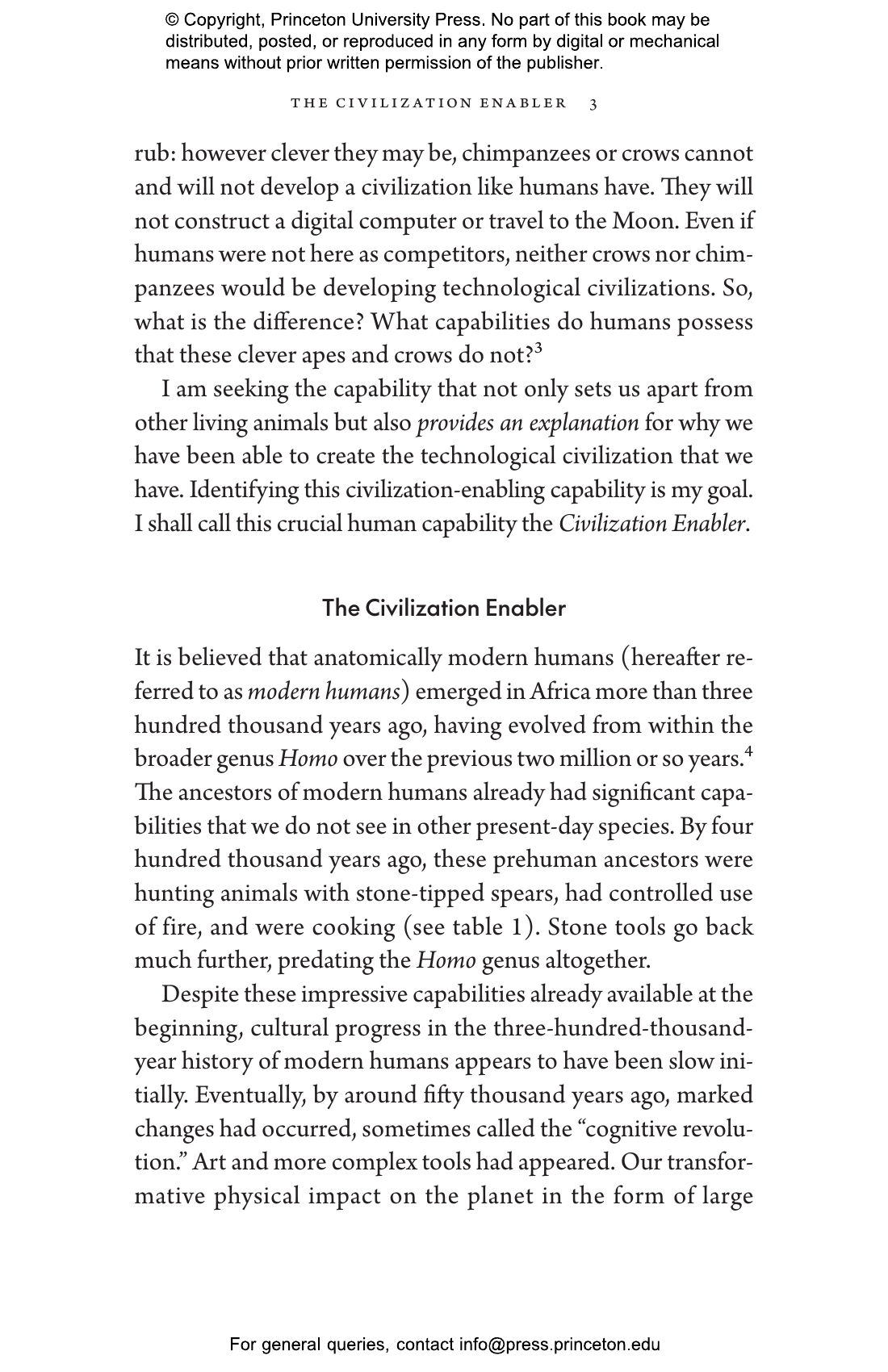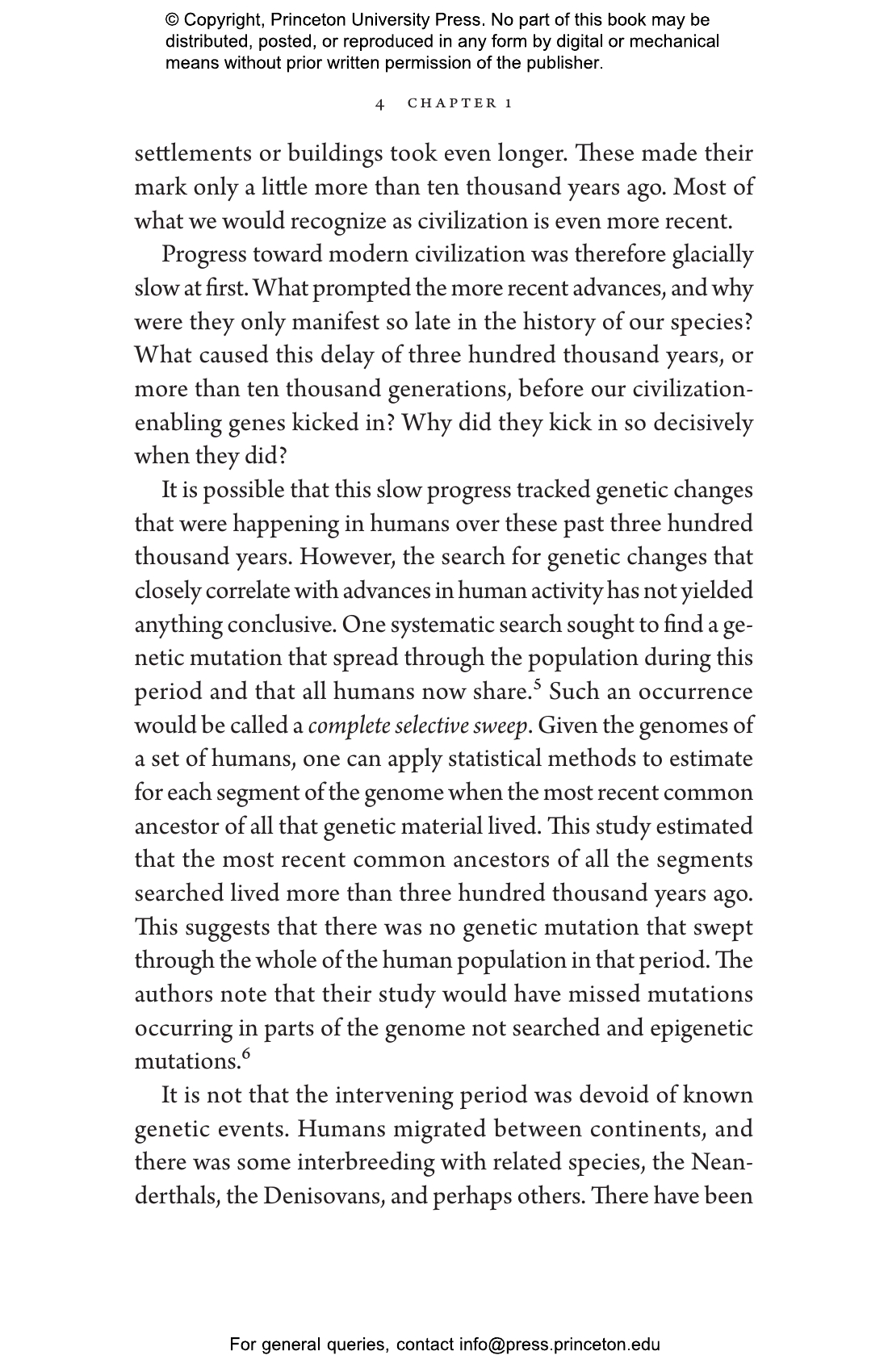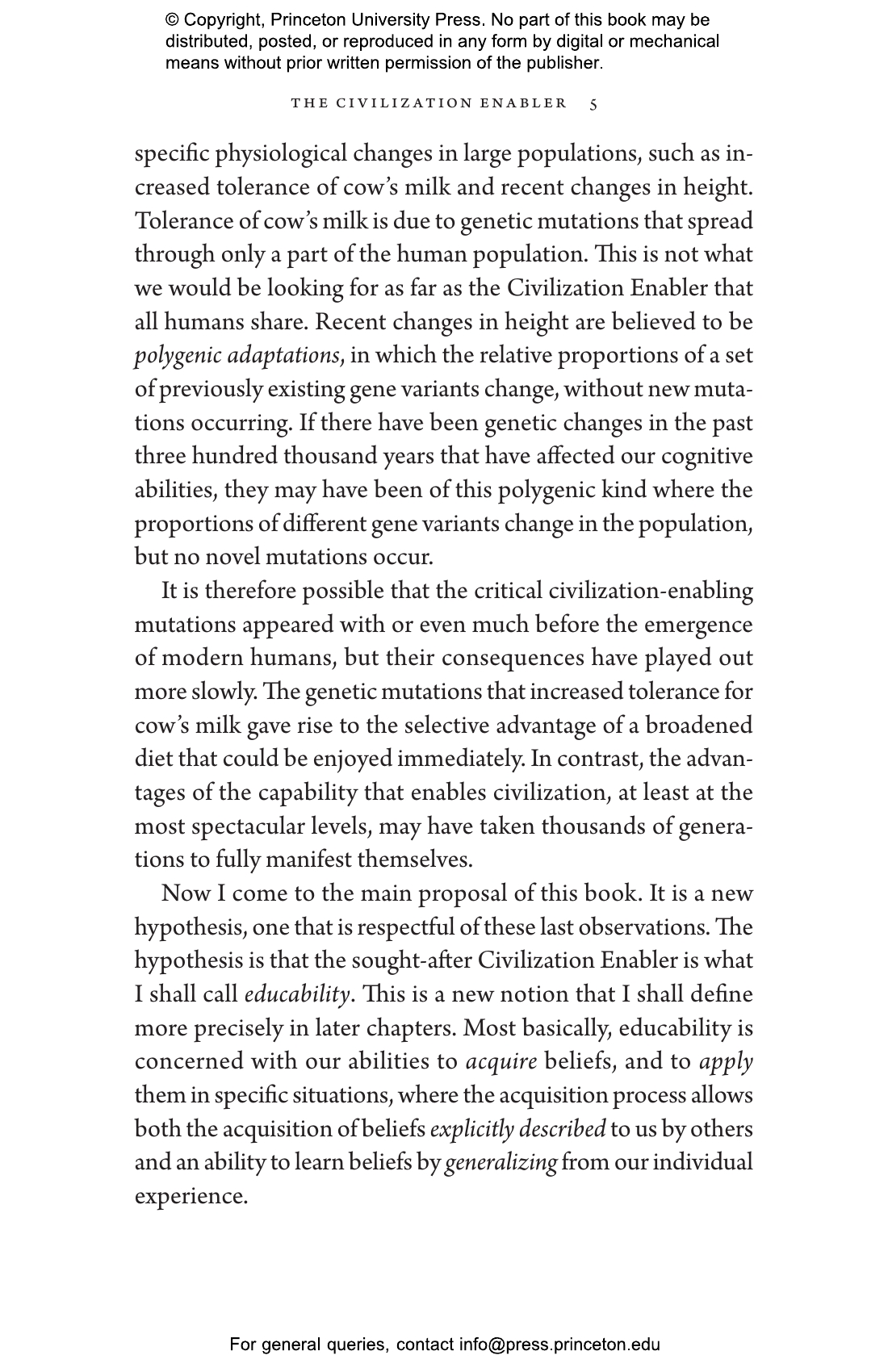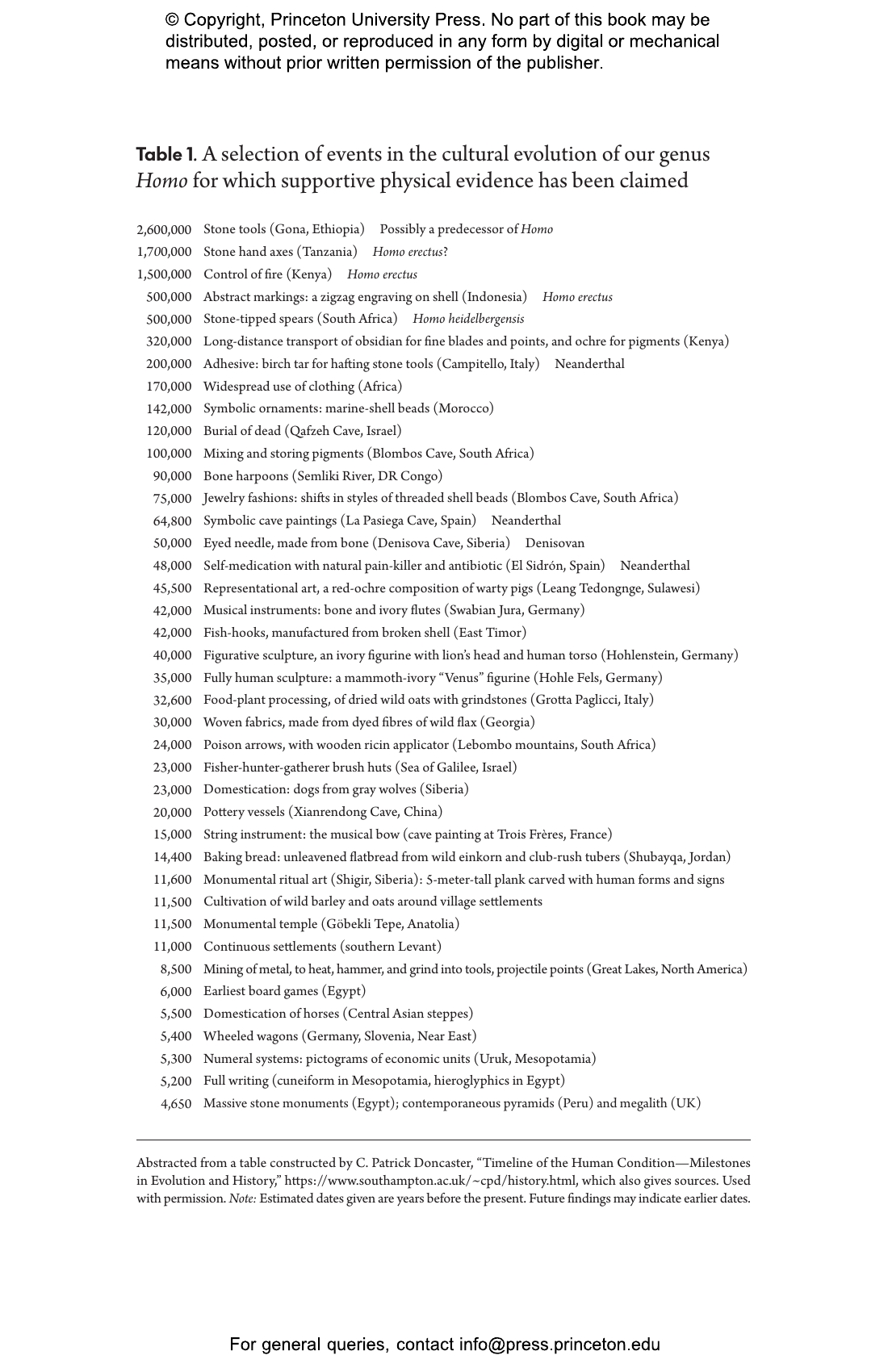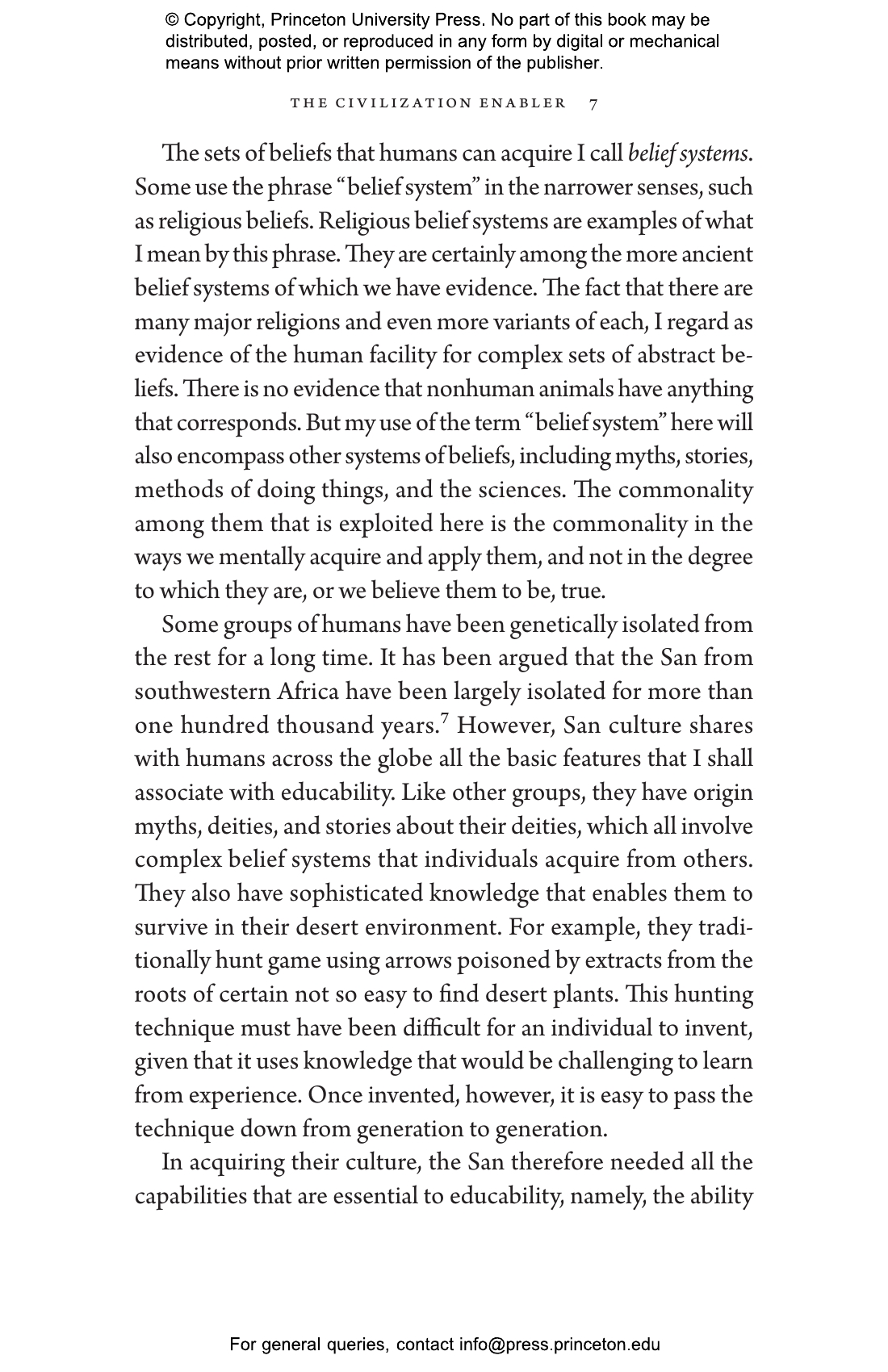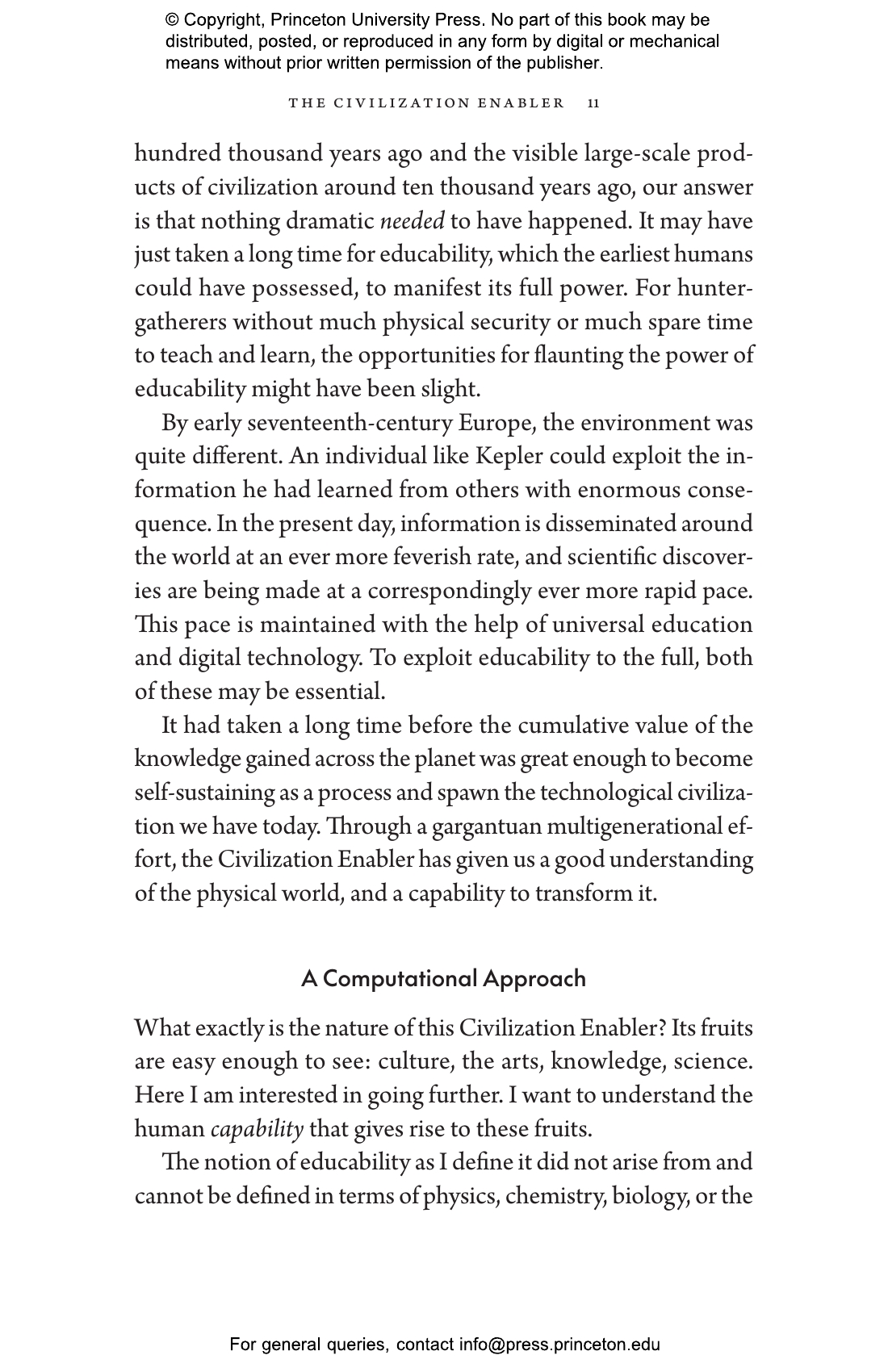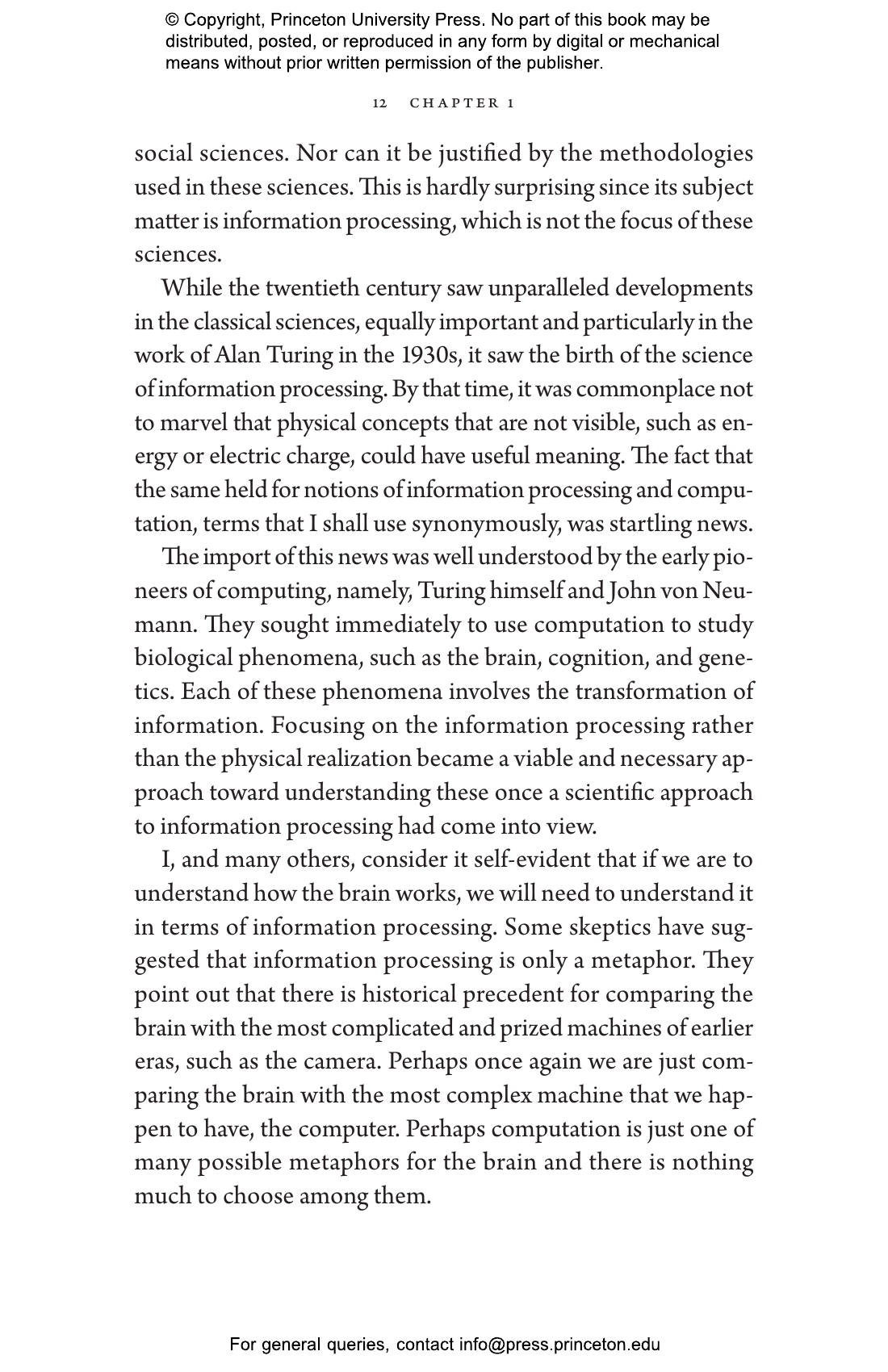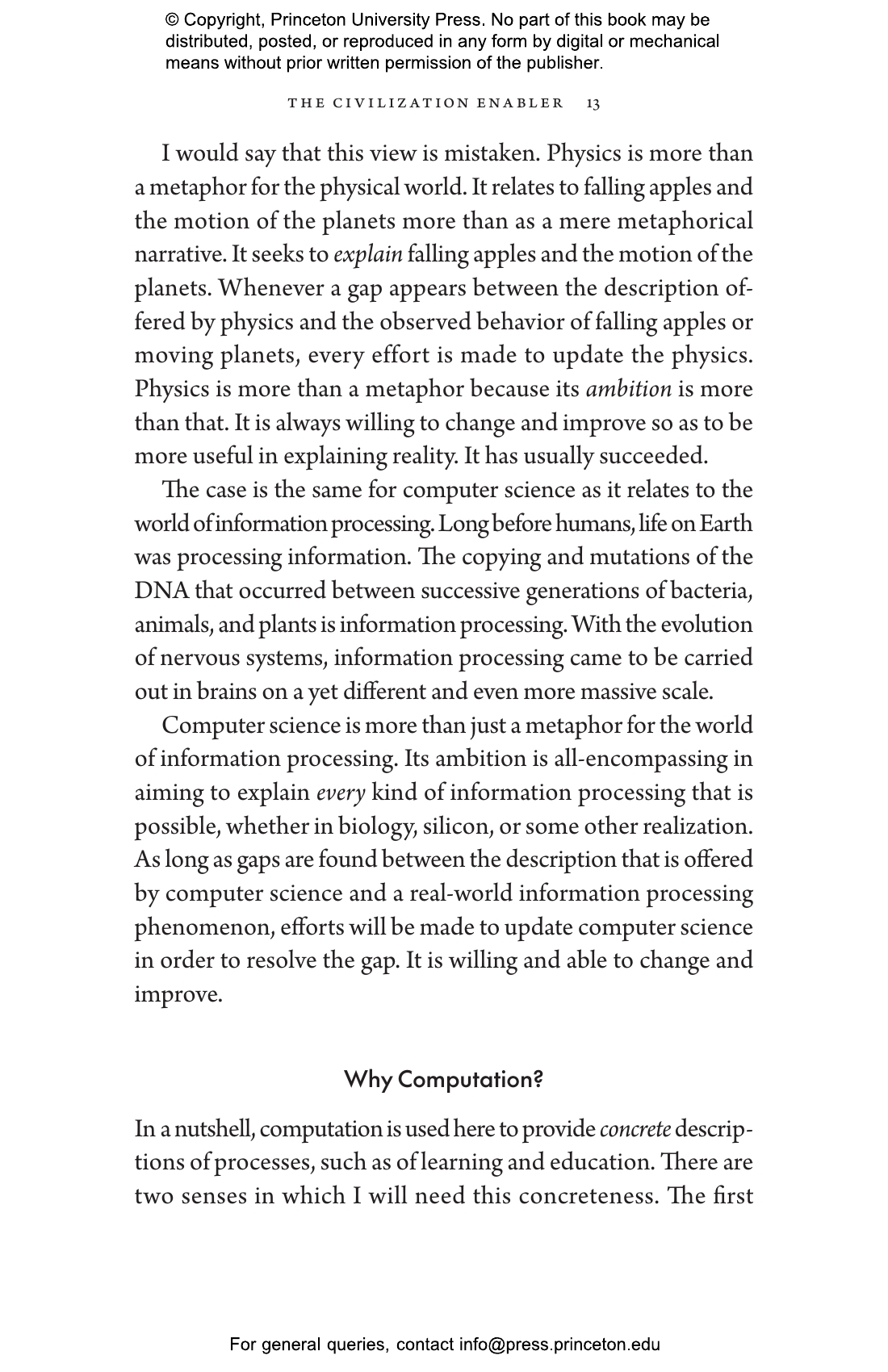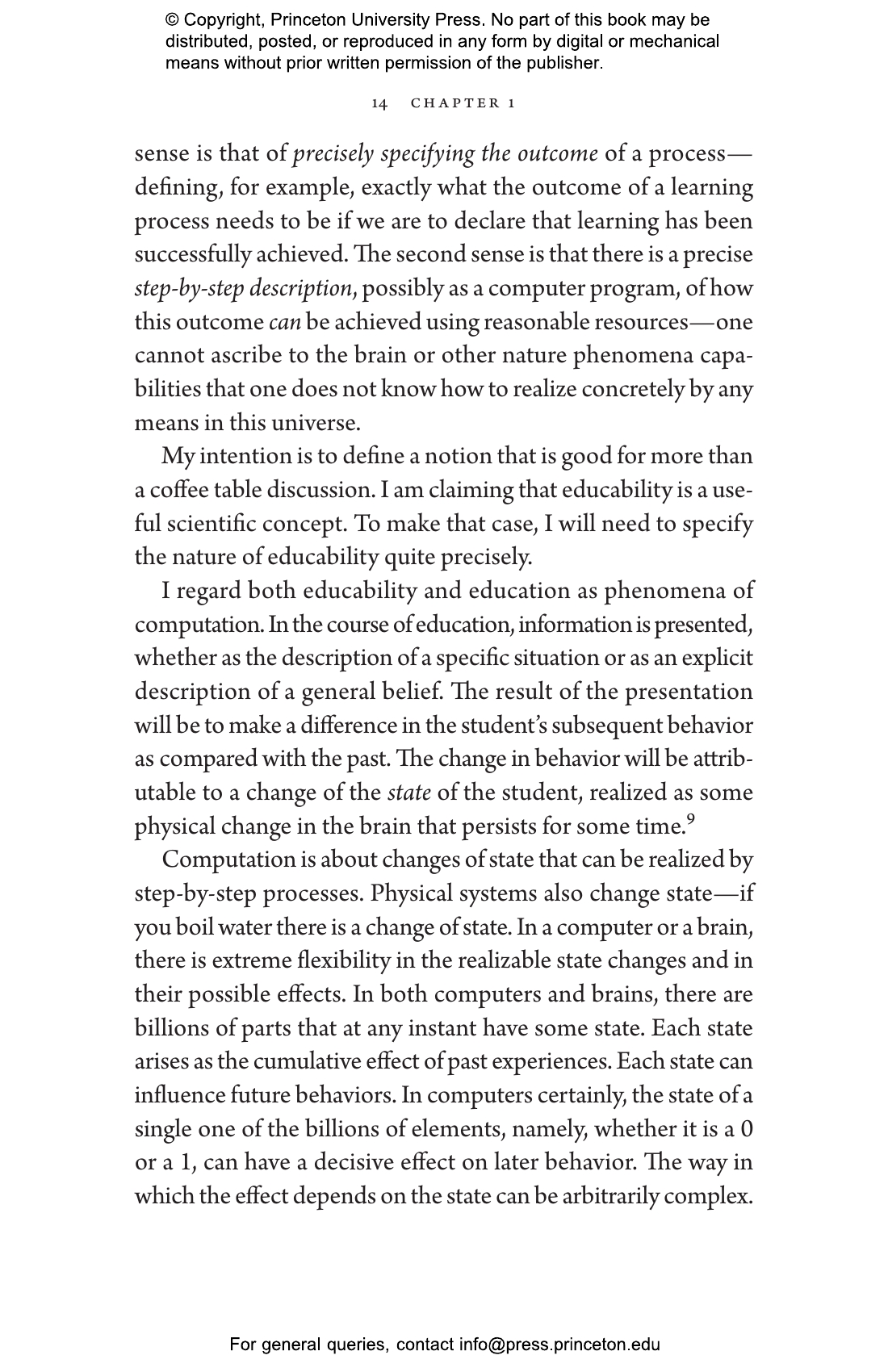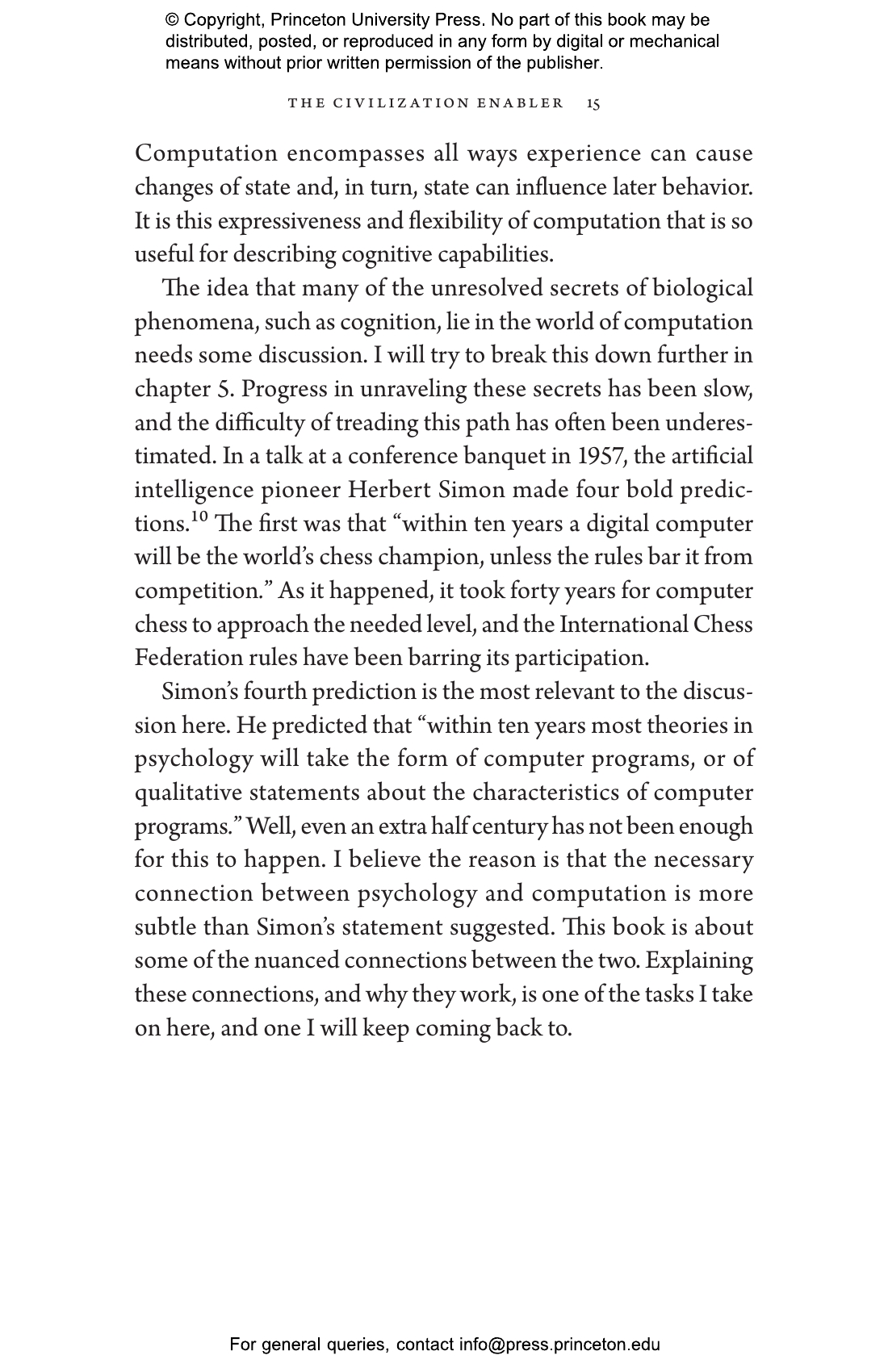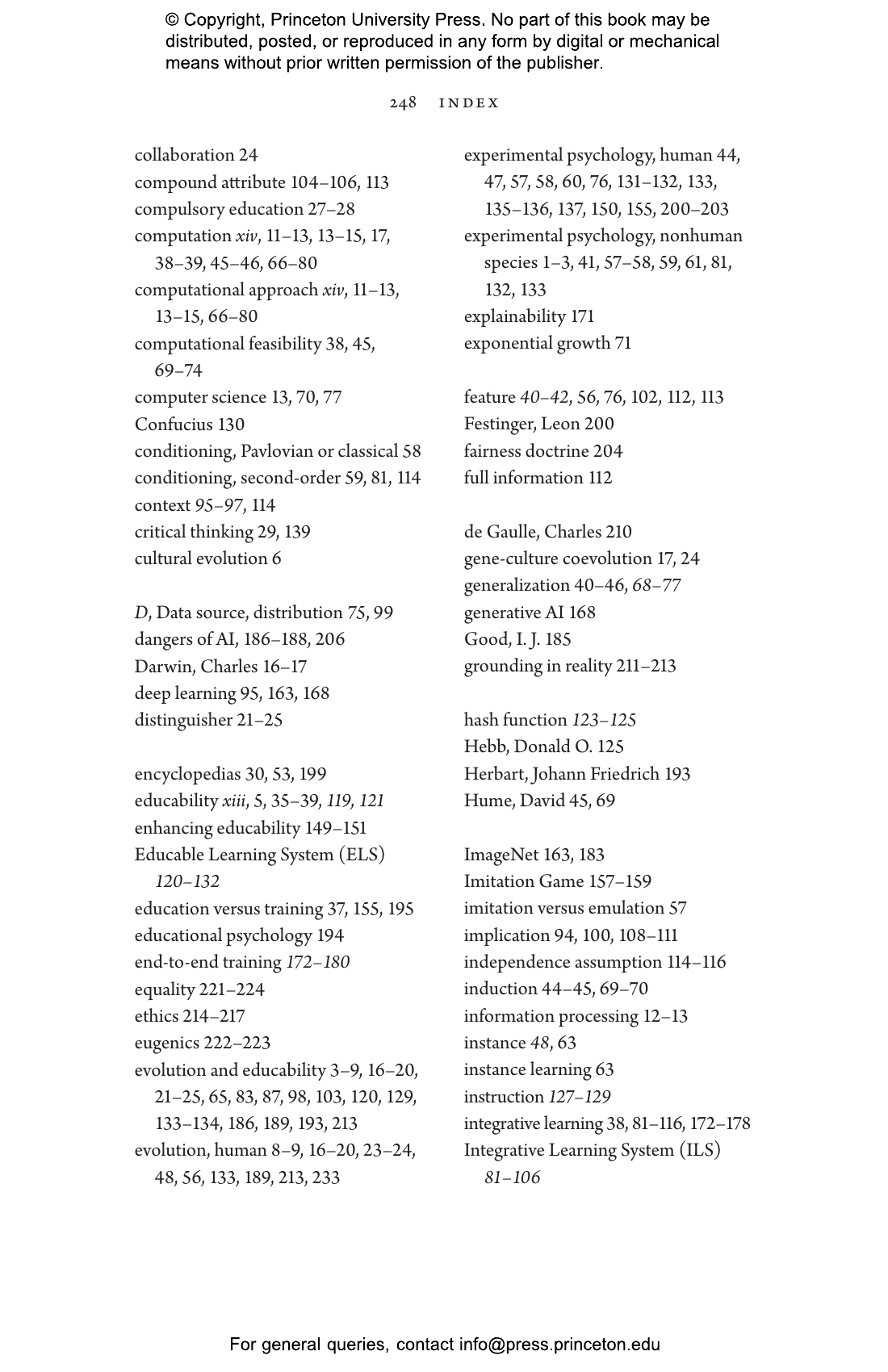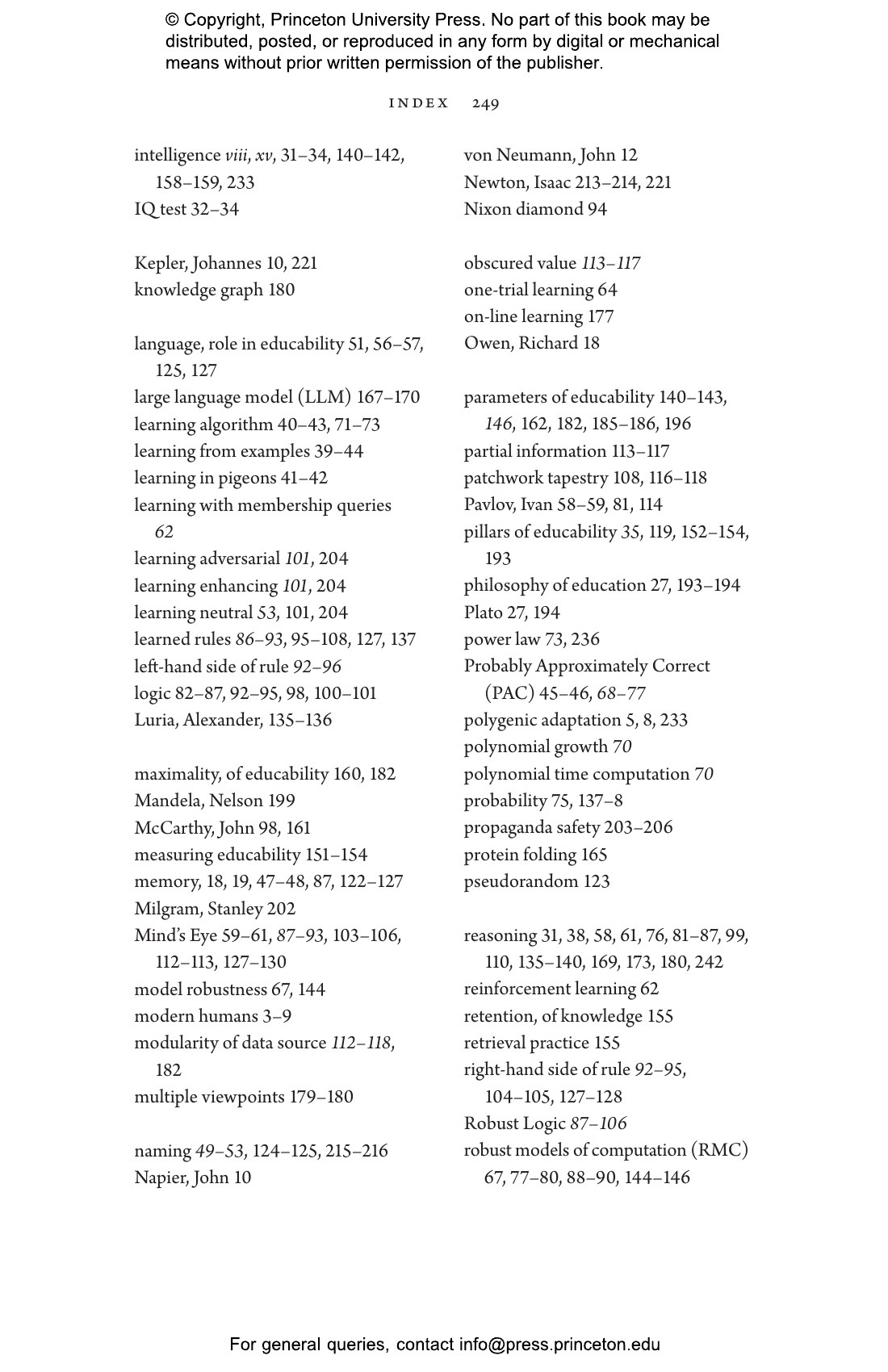We are at a crossroads in history. If we hope to share our planet successfully with one another and the AI systems we are creating, we must reflect on who we are, how we got here, and where we are heading. The Importance of Being Educable puts forward a provocative new exploration of the extraordinary facility of humans to absorb and apply knowledge. The remarkable âeducabilityâ of the human brain can be understood as an information processing ability. It sets our species apart, enables the civilization we have, and gives us the power and potential to set our planet on a steady course. Yet it comes hand in hand with an insidious weakness. While we can readily absorb entire systems of thought about worlds of experience beyond our own, we struggle to judge correctly what information we should trust.
In this visionary book, Leslie Valiant argues that understanding the nature of our own educability is crucial to safeguarding our future. After breaking down how we process information to learn and apply knowledge, and drawing comparisons with other animals and AI systems, he explains why education should be humankindâs central preoccupation.
Will the unique capability that has been so foundational to our achievements and civilization continue to drive our progress, or will we fall victim to our vulnerabilities? If we want to play to our speciesâ great strength and protect our collective future, we must better understand and prioritize the vital importance of being educable. This book provides a road map.
Awards and Recognition
- Winner of the PROSE Award for Excellence in Physical Sciences & Mathematics, Association of American Publishers
- Winner of the PROSE Award in Computing and Information Sciences, Association of American Publishers
- Longlisted for the Non-Obvious Book Awards
- A New Yorker Best Book of the Year
Leslie Valiant is the T. Jefferson Coolidge Professor of Computer Science and Applied Mathematics at Harvard University. Recipient of the Turing Award and the Nevanlinna Prize for his foundational contributions to machine learning and computer science, he is the author of Probably Approximately Correct and Circuits of the Mind.
32724
"It’s ‘educability,’ not intelligence, that matters most."âJoshua Rothman, New Yorker
"This brief, philosophical treatise will be a thoughtful addition to academic collections focused on artificial intelligence and human learning."âLibrary Journal
"Intelligence lacks a clear and agreed definition in science, leading to confusion about IQ and the potential of artificial intelligence. Leslie Valiant, a pioneer of machine learning, prefers to define human intellectual uniqueness as educability instead of intelligence . . . in his complex but jargon-free book."âAndrew Robinson, Nature
“Provocative, ambitious, and profound. The millennia-long quest to understand what makes us human has recently sharpened into computational terms, offering new perspectives—and possibly, even answers. In The Importance of Being Educable, Leslie Valiant shares a rigorous and thought-provoking vision that puts our striking capacity to learn at the heart of who we are.”—Brian Christian, author of The Most Human Human and coauthor of Algorithms to Live By
“How could one possibly argue with the premise: ‘the importance of being educable’? What Valiant manages to do in this book is to lay out a convincing argument that being educable is fundamental to our ability to function in modern society. One must want to learn and like to learn because the consequences of ignorance are so hazardous. Knowing how to learn is even more important than wanting to learn. Start on page one.”—Vint Cerf, internet pioneer, Turing Award winner
“A significant contribution. Through the medium of crisp notions from computer science and machine learning, Valiant gives readers the necessary footing to understand human educability more deeply and to explore the fascinating implications—for everything from AI to education—of taking it more seriously.”—Peter Dayan, director of the Max Planck Institute for Biological Cybernetics in Tübingen
“Valiant cogently argues that the key attribute of humans is the ability to learn from one another. He addresses the issue of whether computers that learn from us will eventually learn from each other and surpass us in intelligence and power, and shows how the educability of humans has had dramatic consequences that need to be considered seriously when contemplating the future of artificial intelligence.”—Richard J. Roberts, Nobel Prize–winning biochemist and molecular biologist
“Written with conviction by a leading authority in the field, this is a unique and interesting read.”—Robert Sedgewick, coauthor of Computer Science: An Interdisciplinary Approach
This publication has been produced to meet accepted Accessibility standards and contains various accessibility features including concise image descriptions, a table of contents, a page list to navigate to pages corresponding to the print source version, and elements such as headings for structured navigation. Appearance of the text and page layout can be modified according to the capabilities of the reading system.
Accessibility Features
-
WCAG v2.2
-
WCAG level AA
-
Table of contents navigation
-
Single logical reading order
-
Short alternative textual descriptions
-
Print-equivalent page numbering
-
Landmark navigation
-
Index navigation
-
Epub Accessibility Specification 1.1
-
ARIA roles provided
-
All non-decorative content supports reading without sight
-
No known hazards or warnings




